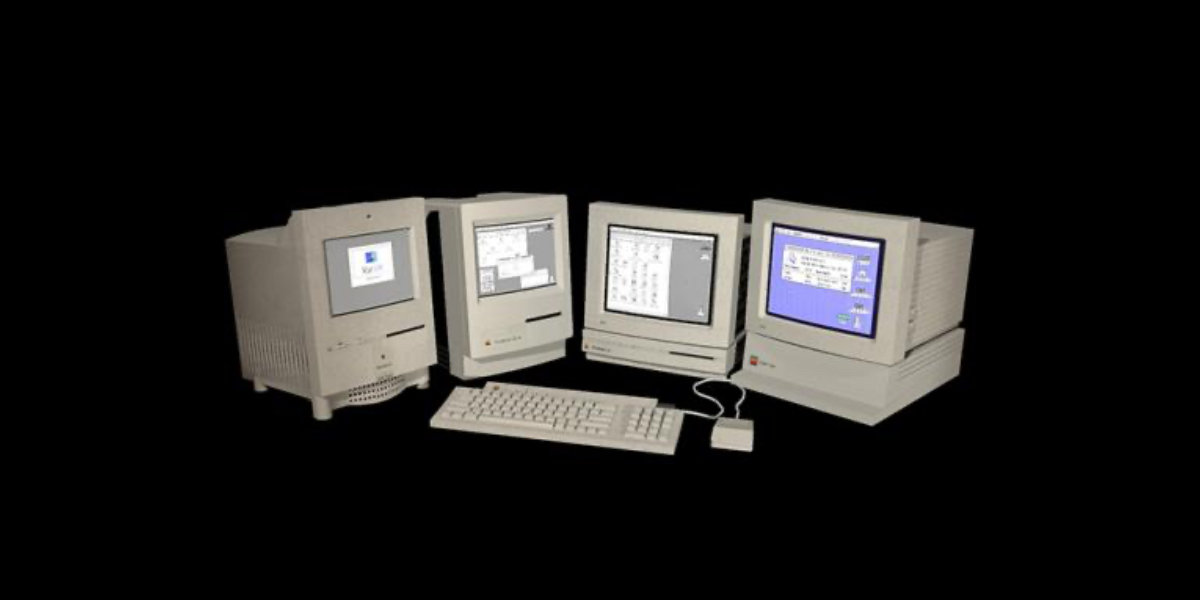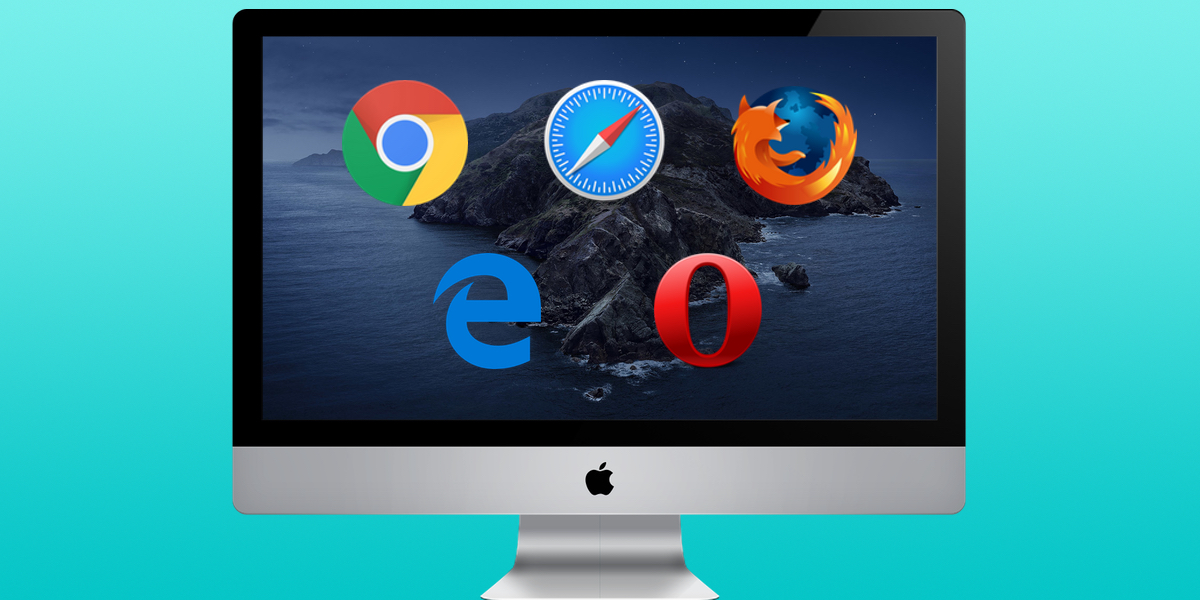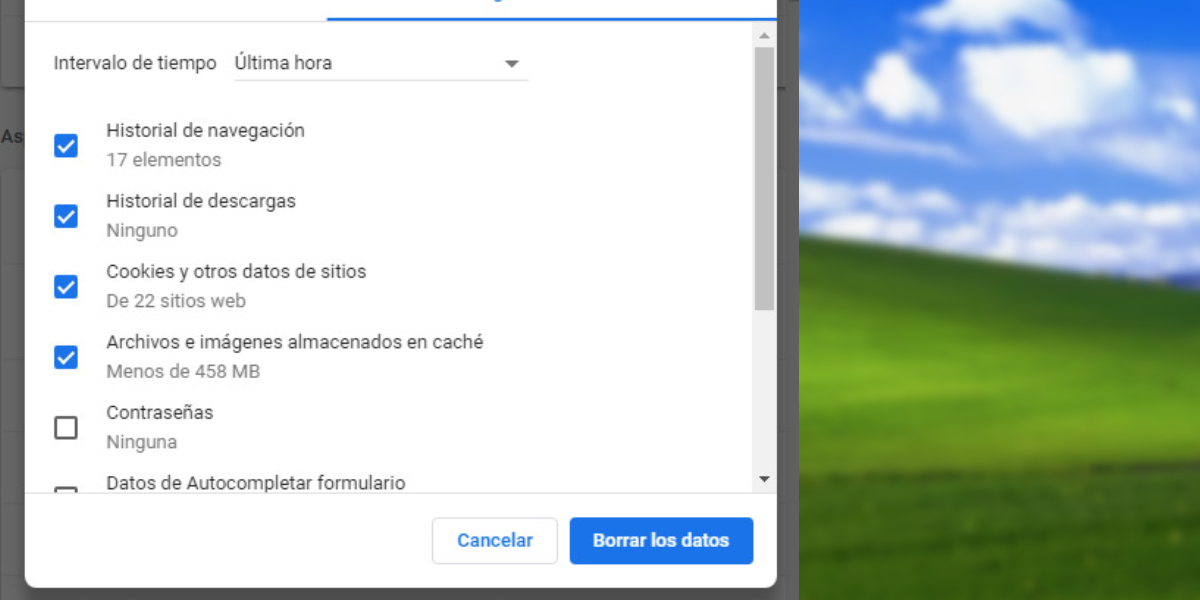
The controversy surrounding cookies and their usefulness came from one day to the next within the European Union and another series of regulatory bodies. This has generated countless notices on our trusted websites and elsewhere. However, perhaps it would be useful to know more about cookies and to know for sure what it consists of. We tell you what cookies are and what they are for, so you can be safe browsing the net and know what you accept. As always, stay with us and discover what is behind the famous cookies and how to interact with them.
How are cookies created and what types are there?
Although they are now more protagonists than ever, cookies are not exactly a modern invention. Cookies have been with us since 1994 when Netscape created the first cookie. A very interesting way to lighten space on servers.
The purpose was to create a system that would allow remembering a user's online shopping cart without taking up space on the server. Thus they decided that the best option was to store this information in the user's browser. Thus was born the use of cookies that were compatible with Netscape and Internet Explorer 2.

There are two essentially common types of cookies, the «Session cookies» which are those that have a short space of use, that is, they are eliminated every time you close the browser. The other type of cookies are «Persistent cookies»That save our interaction with the web in the browser permanently.
In addition to these we have the «Secure cookies»Which are cookies that store private information and only valid in HTTPS connections, as well as the "Zombie cookies" that recreate themselves, these are saved on the device and not in the browser, they are precisely the most controversial.

What is a cookie?
We already know what they were created for and what type of cookies there are, but we are still not clear about what they consist of. It is simpler than we can imagine, since a cookie is essentially a plain text file whose functions are quite varied depending on the content.
They can store data of technical functionalities, collect information about the equipment used, information about the location of the device and even mere statistical information about how we interact with the specific web page that has decided to store it.

Cookies generally do not store personal data of the user that may compromise their privacy. However, they can also carry a number of risks depending on how the service provider uses them. However, there is numerous legislation in the European Union (LINK) about how cookies should be used so that they do not pose a security problem.
However, with the growth of online commerce They have focused on using cookies to offer user analysis and thus create advertising profiles that help sell more. Hence, sometimes it seems that we get advertising precisely what we are looking for or according to our interests.
Are cookies a danger to our privacy?
The reality is that all websites have cookies, in greater or lesser quantity, it has become almost necessary for the maintenance of the service. Most likely, you have continuously accepted cookies without even being clear about their purpose. Without going further, social networks such as Facebook or Instagram generate cookies.
Probably you have never thought that it is precisely these websites that most generate this type of content, and it is in them that we say the most about ourselves.

Cookies are not spam or computer worms. These files simply obtain information about us, in theory anonymously, and Depending on their purpose, they may be the following, according to the criteria of the Spanish Data Protection Agency (ENLACE).
- Techniques: To manage web traffic.
- De personalization: About language, browser or region.
- De analysis: To measure activity and analyze our behavior.
- Advertising: For the management of the advertising that is shown to the user.
- Advertising behavioral: They create a direct and unique profile of the user.
As you have seen, they get key information and are almost always focused on redirect our interaction on the web.
What information about me do cookies have?
In essence we have already found out that cookies are small text files that are responsible for telling the brands and companies that generate them our activity and behavior on the internet. In this way they can offer us specific products or services.
Among other things, to offer us those products or services store this type of information about us:
- Email addresses and passwords.
- Telephone number and address.
- Our IP address.
- The operating system of our computer.
- The browser we are using.
- Recent browsing history.

It may be more information than you imagined, but we want to emphasize that in theory, these cookies only include anonymous information (LINK), at least this is what the European Union and the rest of the regulatory bodies indicate.
Taking this into account, we are going to differentiate other two types of cookies depending on the provider or how we manage them:
- Own: They are generated on the web that we are visiting.
- From third parties: They belong to the advertisers or those in charge of managing this information, but not to the website that we are using.
Irremediably when we think of "third party" cookies, we imagine that the web is selling our data, and in part this is the case. In fact, According to an analysis by the European Union, 70% of cookies are from third parties and their function is to offer us personalized advertising.
How do cookies affect me?
Beyond the fact that you may receive advertising information excessively directed to your preferences, which in some cases may be an advantage, cookies they can also pose a risk.
Without going any further, they can end up generating a huge amount of temporary and permanent data that occupy an unwanted storage space, which would lead us to manage this data to avoid inconvenience.

Another example is that certain browsers can be overwhelmed by the management of these resources, this would saturate the hardware and we would end up with unwanted system performance. In the same way, being a continuous transmission of information, they can directly affect the performance of the battery and the data rate in mobile devices.
Similarly, there are spyware programs that are capable of accessing the information contained in cookies and this could compromise our privacy in a more serious way than we imagine. The latter is certainly not a usual activity, but it is plausible.
How to delete cookies
Eliminating cookies is an option present in all internet browsers, essentially by legal imperative. We recommend that you frequently delete cookies from your browser to improve its performance in general terms.
To delete cookies there is usually no specific section, what we do is go to the option "delete browsing data" which is available in Google Chrome, Mozila Firefox, Microsoft Edge, Internet Explorer and Safari among others. We recommend that you erase your browsing data completely, and not just recent ones.

The other option is configure our browser to block all cookies. This is a feature present in browsers like Safari and Chrome. In addition, Google has already warned that in future editions of Chrome all cookies will be blocked by default.
By simply navigating the privacy settings of our browser, we will be able to block cookies automatically. However, This can cause some web pages to not work as they have been doing until now or even we are not allowed to make certain options if we do not agree to store these cookies, that will depend on ourselves.
What will happen to cookies in the future?
Certain regions, especially the European Union, have declared war on cookies, and technology companies are already looking for alternatives to using these types of mechanisms. No doubt lCookies are elements that generate a negligible benefit to users but a huge benefit to brands, and furthermore, the only privacy or security that can be compromised is precisely that of these users.
Therefore, everything indicates that Sooner rather than later, cookies will end up "extinguishing" or permanently adapting to the new legislation. This will make them less intensive and easier to manage.

For the moment, the chaos of cookies is populating the web pages of ads and banners that are especially annoying on websites based outside the European Union.
We can manage our content of Analysis Cookies directly in the website «Europa Analytics» (LINK) Here we will learn more about how to monitor and evaluate the effectiveness of some websites, especially that of the European Commission.
This protocol of action is clearly assimilable to any website, so serves as a clear example of honest cookie management. In the meantime, we will have no alternative but to continually accept the notices that appear again and again on the websites that we frequently visit about the use of cookies and our preferences.